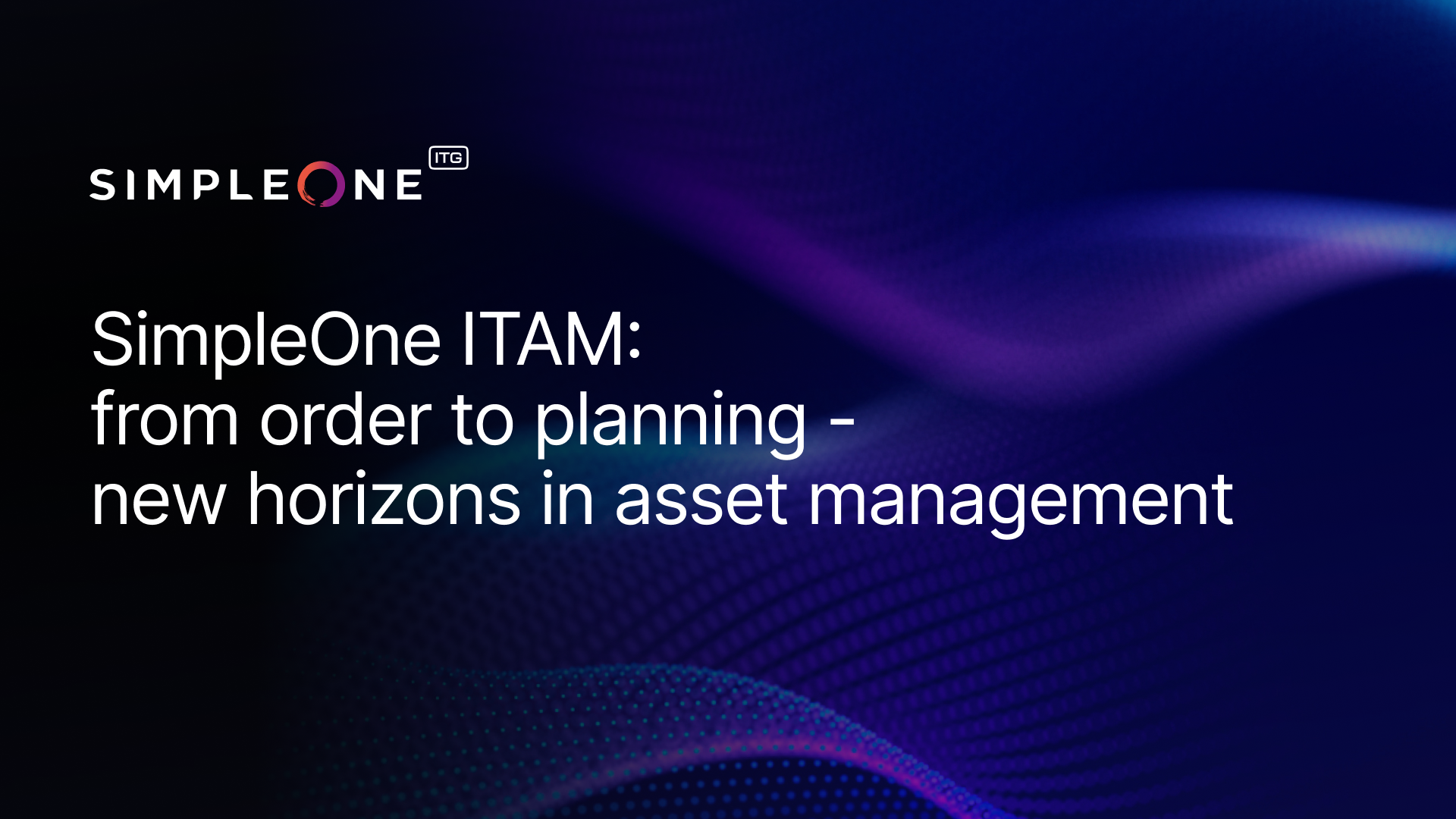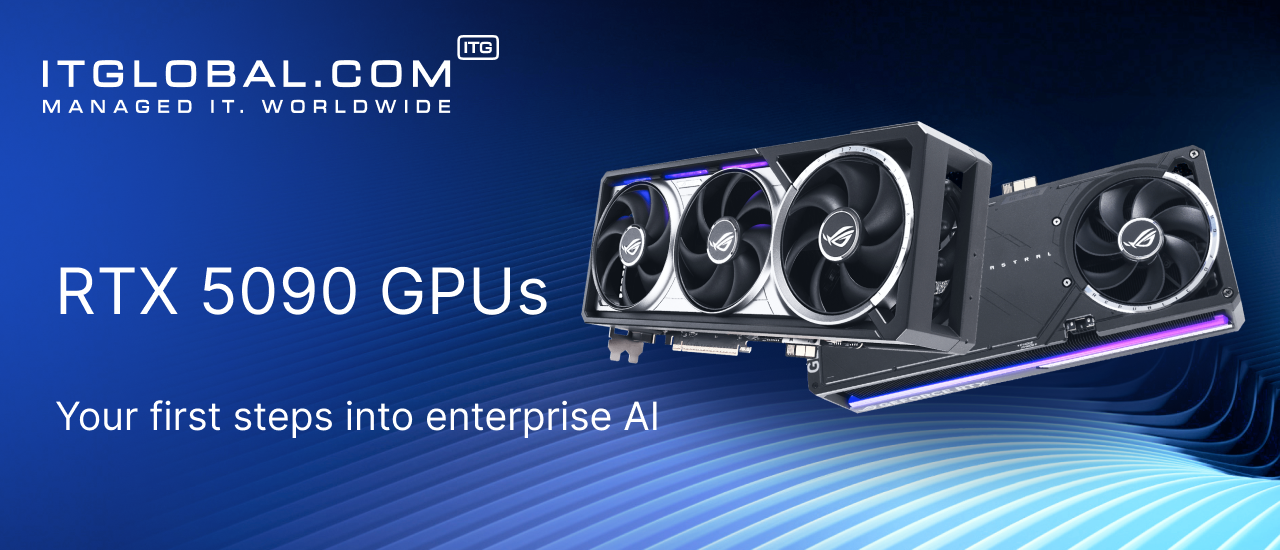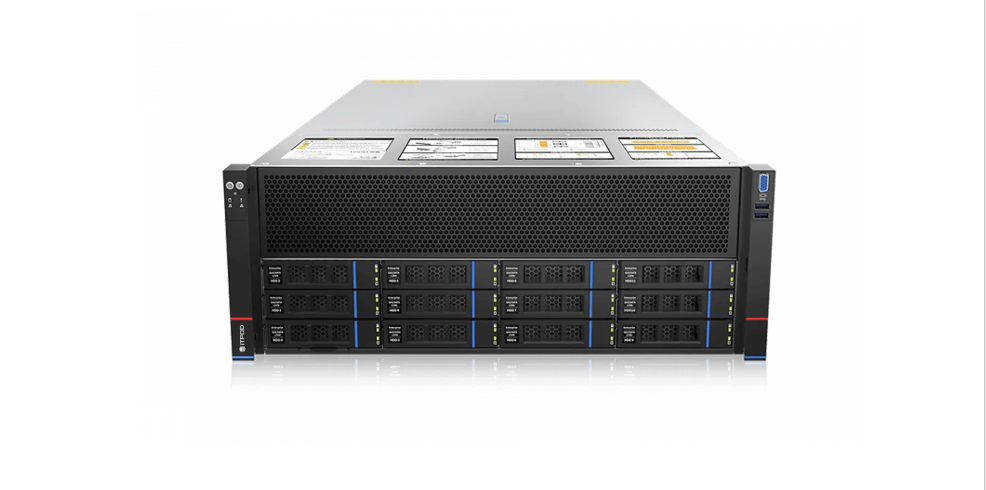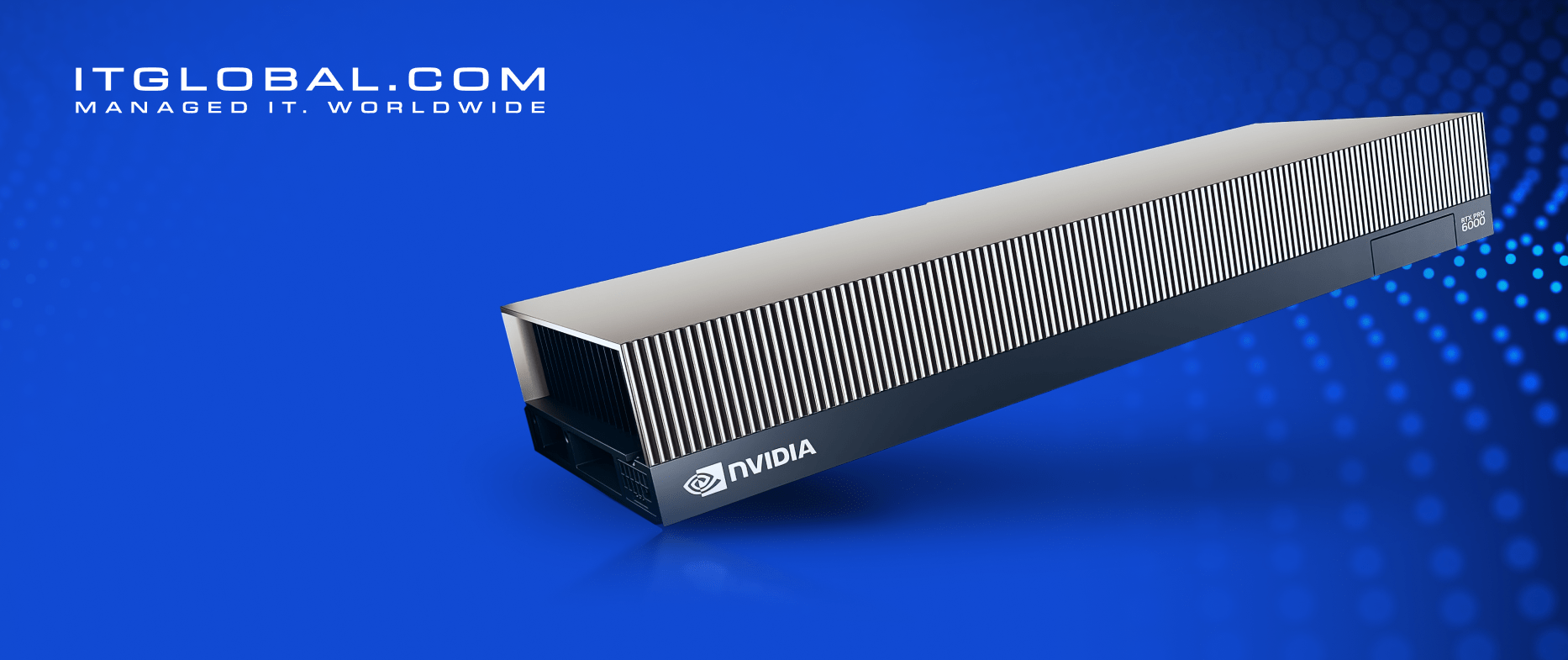CDN (Content Delivery Network) helps companies deliver content quickly to users, which is crucial for any organization. The speed of content delivery can help build and retain an audience, as well as positively impact sales.
In this article, we will discuss what a company should consider when choosing a CDN provider. We have created a handy checklist to help you ensure that your content is not lost.
Network geography
CDN is a distributed network architecture created to speed up the delivery of content to users. In conventional hosting, the client requests content from the server that stores the data. The server processes the request and transmits a data packet, after which the website or application is loaded. CDN hosting includes additional servers in the chain that are responsible for caching content.
One of the main parameters when choosing a provider is how widely dispersed its points of presence are. Maximum geographical coverage guarantees the speed of content delivery. ITGLOBAL.COM provider hosts CDN servers in 8 countries in three parts of the world: the UAE, the Netherlands, the USA, Canada, Brazil, Russia, Belarus and Kazakhstan.
Network connectivity
Network connectivity is the ability of devices or nodes in a network to communicate with each other and exchange data. The more CDN providers a CDN provider has as a peer, the faster the data travels from the source to the user.
Peers are needed to exchange traffic. Peering allows you to reduce the routes of packet transmission between networks and reduce the cost of traffic. The agreement of Internet operators to exchange traffic between their networks increases the efficiency and speed of data delivery.
Users gain access to shared resources and applications, reducing the need for content duplication. Network connectivity also affects the cost of CDN services. Peer-to-peer partnerships help reduce expenses by sharing resources.
Panel functionality
The panel functionality should be very simple for those who need to connect a CDN simply and quickly, and modifiable for those who need a lot of special options and additional parameters, for example:
- managing the cache lifetime;
- resetting and filling the cache;
- configuring URI processing rules;
- using custom-cookie and bypass;
- assigning distribution rules for different regions.
HTTP/2 Support
HTTP/2 is the latest version of the protocol for transmitting data over the internet. HTTP/2 was developed to address the limitations of HTTP/1.1, particularly in terms of performance and speed.
One of the main features of HTTP/2 is the ability to multiplex multiple requests and responses over a single connection. This means that multiple files or resources can be requested and delivered simultaneously, resulting in faster downloads and improved performance. HTTP/2 also includes features such as server push, header compression, and prioritization.
The CDN from ITGLOBAL.COM supports HTTP/2, a stable and modern version of the Internet protocol for data transmission.
WebSocket Support
WebSocket is a protocol for real-time, bi-directional communication between a web client and a server. It provides a persistent connection between the client and the server, allowing data to be exchanged in both directions at any time without the need for the client to repeatedly request updates from the server.
WebSocket is particularly useful for applications that require real-time data updates, such as online chat, online gaming, and fintech applications. With WebSocket, changes to data on the server can be immediately transmitted to the client without the need to constantly check for updates.
Compression algorithms
The lighter the content, the faster it will be delivered to users. The primary function of compression algorithms in a CDN is to improve the performance of web applications by reducing the amount of data that needs to be transmitted over the network, thereby reducing the time it takes to deliver content to users.
Compression algorithms work by identifying patterns and redundancies in data and then replacing them with shorter codes and symbols that can be transmitted more efficiently.
By using compression algorithms, a CDN can significantly reduce the amount of data that needs to be transmitted over the network, resulting in faster loading times and improved performance. ITGLOBAL.COM’s CDN supports a variety of popular compression algorithms, including Gzip, Brotli, WebP, and WebM.
Flexible caching settings
With a template approach to caching, everything is automatically connected for the user. Flexible caching settings allow the customer to set many parameters, such as the cache lifetime, setting up cross-domain requests, or setting up cookies. Flexible cache settings will help to speed up content loading.
Authentication functions
If you need to provide limited access to content, you can move authentication functions to the CDN. This will relieve the server of additional load and increase speed.
If it is necessary to restrict access to certain static content files, you need to specify configuration parameters through transmitted cookies. If the user has certain parameters, the network decides whether to show the content or not. Another way is to insert keys in the URL in the request path and on this basis to give or not the content to the user.
Object storage
Object storage is one of the types of storage, processing, and data delivery. CDN in this case helps to reduce the costs of the object storage service infrastructure due to different locations and cached data. The company spends less resources on traffic because the object is already cached and is quickly returned.
Conclusion
CDN increases the speed of loading websites and applications, and this is a key factor for attracting and retaining users. CDN helps to provide high-quality services and promote your products, so it is important to choose a provider that can meet all the requirements of a high-quality CDN.
Get a consultation on CDN









